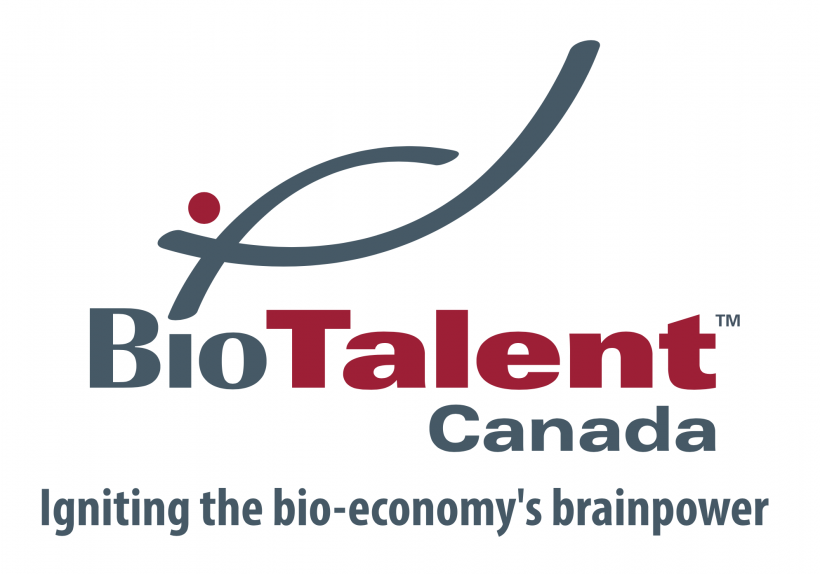A report by industry group BioTalent Canada warns that the Atlantic Provinces face a potentially crippling labour shortage in the bioeconomy, deepening a staffing crunch that BioNova Executive Director Scott Moffitt and PEI BioAlliance CEO Rory Francis have previously warned could constrain future growth in the sector.
The report, called Close-up on the bio economy: Labour market intelligence, estimates that Atlantic Canada will need another 3,300 biotech workers by 2029. But “there will not be enough talent supply to meet labour demands, with significant pressure now and mounting throughout the decade.” BioTalent says the current labour supply falls about 75 percent short of expected demand growth.
Industry observers, including Moffitt, have suggested that skilled immigration could offer a potential solution for the supply problem. But Close-up on the bio economy warns that employers’ ability to fill open positions via immigration is likely to be hamstrung by a highly competitive national job market drawing skilled workers to more westerly urban centres, as well as the Atlantic provinces’ chronic hemorrhaging of recent university graduates.
“To eliminate the shortfall, the bio-economy will need to develop new HR strategies,” said BioTalent CEO Rob Henderson in a press release. “This must include broadening the talent pool to include recent immigrants, Indigenous workers and workers with disabilities – who are all seriously under-represented in the bio-economy today.
“We must also improve how we promote the bio-economy as an exciting and viable local career path. Atlantic Canada retains only 70% of its graduates, a number that, should it improve to equal the national average, would bolster the talent pool significantly.”
BioTalent’s analysis, however, it not exclusively pessimistic. The organization estimates that the life sciences sector has outperformed the broader economy during COVID-19, predicting about 0.7 percent year-on-year growth in the short- to medium-term. And it adds that about 18 percent of Atlantic biotech companies gross more than $50 million annually, compared to just seven percent nationally.
The report estimates that there are about 900 companies active in Atlantic Canada’s bioeconomy that collectively employed about 10,800 people, a third of whom are women, as of 2019 -- about six percent of the national total.










